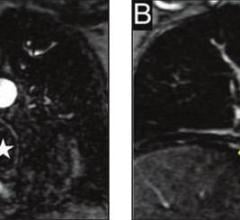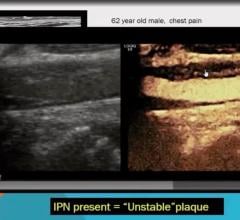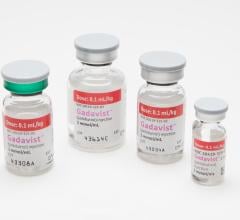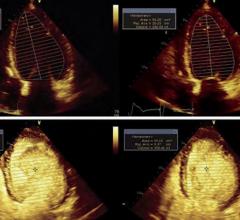October 9, 2012 — Physicians announced that tiny microbubbles are being used to more effectively deliver a blood clot busting drug to patients while they are in the ambulance during acute heart attack.
"Time is muscle," said Dr. Otto Kamp from VU University Medical Center in the Netherlands, stating that the quicker therapy is delivered, the more heart muscle is saved.
Liquid suspensions of tiny gas microbubbles have traditionally been used as a diagnostic imaging tool. The microbubble suspensions are routinely used as ultrasound contrast agents to improve the clarity and reliability of an ultrasound image without exposing patients to ionizing radiation. The microbubbles are about a third of the size of a red blood cell and when injected into a patient's arm vein, they improve the clarity and accuracy of diagnostic ultrasound exams. The microbubbles are expelled from the body within minutes.
Kamp's findings move microbubbles from a diagnostic imaging use to an exciting therapeutic application. He used microbubbles along with TPA, a drug that busts blood clots. When the injected microbubbles reached the clot, increased ultrasound frequencies were applied to cause the microbubbles to burst. The burst bubbles create tiny holes in the clot, allowing the drug to work more effectively in its targeted location.
"This permits a lower and safer dose of TPA with reduced side effects, especially hemorrhage and stroke," said Kamp. "This also permits increased doses of TPA and improves the efficiency of this therapy."
Steve Feinstein, a Rush University cardiologist and International Contrast Ultrasound Society (ICUS) co-president, said the findings demonstrate the vast potential benefits of using microbubble ultrasound contrast agents as a platform for delivering a range of drugs and genes to specific organ systems and tumors.
"Considerable work is under way, showing that microbubbles may be useful in delivering cancer drugs, diabetes drugs and genes that increase HDL — good cholesterol — to targeted sites throughout the body," he said. "Dr. Kamp's work is especially exciting because it now shows how a related technique works in patients."
The Netherlands research was announced at the 27th Annual Advances in Contrast Ultrasound ICUS Bubble Conference, a gathering of physicians and scientists around the world in the fields of cardiology, radiology, vascular medicine, gastrointestinal medicine, oncology and other medical specialties.
For more information: www.icus-society.org/2013site

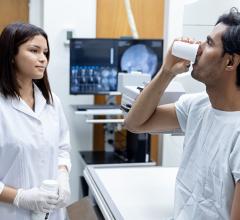
 August 17, 2023
August 17, 2023 
